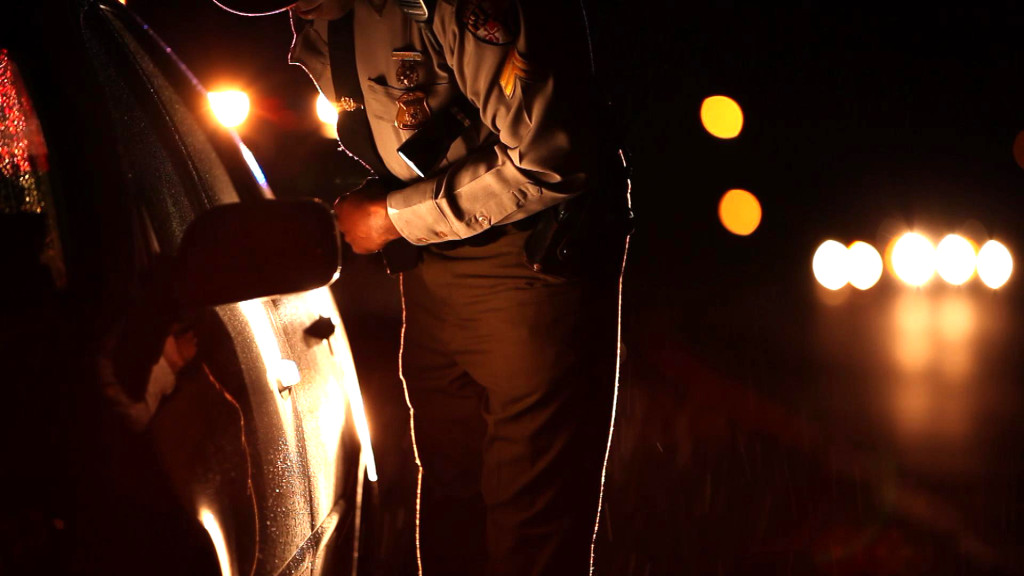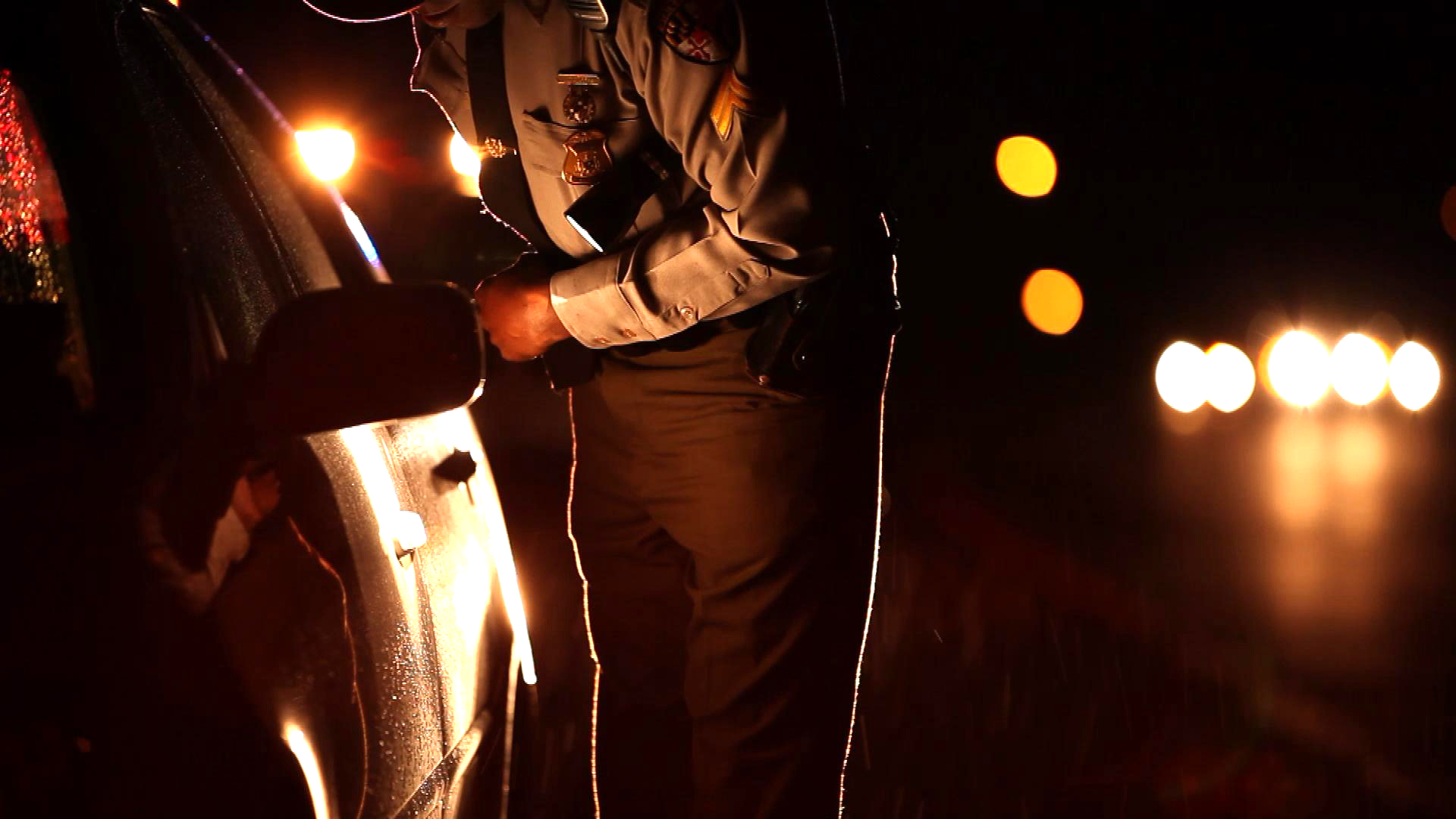AP Documents Expansion of NYPD into “Domestic CIA”

August 24, 2011
Share
Today the Associated Press published a months-long investigation into secret efforts by the New York City Police Department (NYPD) and the CIA to monitor activities in Muslim neighborhoods. Matt Apuzzo and Adam Goldman write:
“The NYPD operates far outside its borders and targets ethnic communities in ways that would run afoul of civil liberties rules if practiced by the federal government. And it does so with unprecedented help from the CIA in a partnership that has blurred the bright line between foreign and domestic spying.”
Though the CIA is prohibited from collecting intelligence domestically, the AP’s investigation — based on more than 40 interviews with current and former NYPD and federal officials — documents how the NYPD’s intelligence unit has increasingly operated with CIA help in ways that have sometimes put the NYPD at odds with the FBI and, in some cases, may even violate the law. They include:
- • Informants: After 9/11 the department created a squad known as the Terrorist Interdiction Unit to develop and handle informants. For years, detectives had used “mosque crawlers” to surveil weekly sermons in local mosques. This is a practice that the FBI is prohibited from doing under the Privacy Act because evidence of crime is needed before the FBI can send an informant into a mosque. In order to identify possible informants, the NYPD created a “debriefing program”:
“When someone is arrested who might be useful to the intelligence unit — whether because he said something suspicious or because he is simply a young Middle Eastern man — he is singled out for extra questioning. Intelligence officials don’t care about the underlying charges; they want to know more about his community and, ideally, they want to put him to work.”
- • Undercover Officers in Muslim Neighborhoods: The department’s “Demographic Unit” maps ethnic “hot spots” and assigns undercover officers who can blend into particular minority neighborhoods — known as “rakers” — to infiltrate and monitor them.
“Mapping crimes has been a successful police strategy nationwide. But mapping robberies and shootings is one thing. Mapping ethnic neighborhoods is different, something that at least brushes against what the federal government considers racial profiling.”
- • Operating with Little Scrutiny: The NYPD’s intelligence unit operates a $62 million budget without federal oversight and little scrutiny from the New York City Council, certainly less scrutiny than the FBI faces from Congress.
NYPD spokesman Paul Browne contested that the department employs “mosque crawlers” or a “Demographic Unit.” He told the AP the department has a “Zone Assessment Unit” and that undercover officers only follow leads. He added,
“The New York Police Department is doing everything it can to make sure there’s not another 9/11 here and that more innocent New Yorkers are not killed by terrorists. And we have nothing to apologize for in that regard.”
We have been investigating the government’s efforts since 9/11 to “connect the dots” by stepping up cooperation and intelligence sharing. Keep an eye out for more on these issues on Sept. 6, when we premiere our new report Top Secret America, which takes an in-depth look at at the expansion of the post-9/11 counterterrorism industrial complex.
Latest Documentaries
Related Stories
Related Stories
Explore
Policies
Teacher Center
Funding for FRONTLINE is provided through the support of PBS viewers and by the Corporation for Public Broadcasting, with major support from Ford Foundation. Additional funding is provided the Abrams Foundation, Park Foundation, John D. and Catherine T. MacArthur Foundation, Heising-Simons Foundation, and the FRONTLINE Trust, with major support from Jon and Jo Ann Hagler on behalf of the Jon L. Hagler Foundation, and additional support from Koo and Patricia Yuen. FRONTLINE is a registered trademark of WGBH Educational Foundation. Web Site Copyright ©1995-2025 WGBH Educational Foundation. PBS is a 501(c)(3) not-for-profit organization.





















